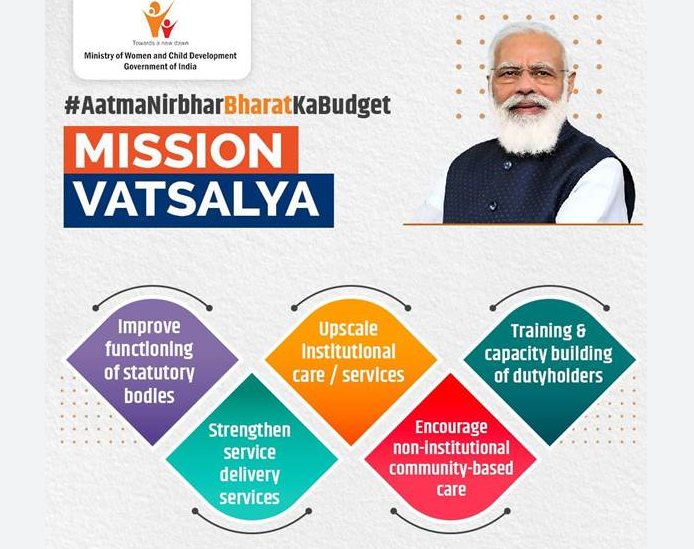3 August 2024 : PIB Summary For UPSC
1. STEPS TO STRENGTHEN COUNTRY’S POSITION IN GLOBAL STEEL MARKET
(Source – https://pib.gov.in/PressReleseDetail.aspx?PRID=2040743 )
| Topic: GS3 – IndianEconomy |
| Context |
|
Steps taken by the government for the promotion of steel industry:
- Domestically Manufactured Iron & Steel Products (DMI&SP) Policy: Promotes domestically manufactured iron and steel products for government procurement.
- Production Linked Incentive (PLI) Scheme: Boosts specialty steel manufacturing with an anticipated investment of Rs. 29,500 crores and a creation of 25 million tonnes additional capacity.
- Process-Based Safety Guidelines: 16 guidelines launched on 25.07.2024 to standardise safety practices and improve productivity.
- Steel Import Monitoring System (SIMS) 2.0: Revamped on 25.07.2024 for effective import monitoring and addressing domestic concerns.
- Make in India & PM Gati-shakti Plan: Engages sectors like Railways, Defence, and others to enhance steel usage and sector investment.
- Coordination For Raw Material: Facilitates favourable terms for raw material availability through coordination with Ministries, States, and other countries.
- Steel Scrap Recycling Policy: Enhances availability of domestically generated scrap for recycling.
- Steel Quality Control Orders: 145 orders issued to ensure quality and prevent non-standardized steel manufacturing and imports.
- Steel Production Achievement: India has been the world’s second-largest steel producer since 2018.
| Practice Question: Evaluate the effectiveness of the Indian government’s policies and initiatives in promoting the steel industry, including the Production Linked Incentive Scheme and Steel Scrap Recycling Policy. Discuss their impact on domestic production, quality, and sustainability. (250 Words /15 marks) |
2. Mission Vatsalya scheme deliver services for Children in Need of Care and Protection and Children in Conflict with Law
(Source – https://pib.gov.in/PressReleseDetail.aspx?PRID=2040952 )
| Topic: GS2 – Governance – Government policies |
| Context |
|

Purpose and Implementation:
- Mission Vatsalya is a Centrally Sponsored Scheme (CSS) aimed at providing services for Children in Need of Care and Protection (CNCP) and Children in Conflict with Law (CCL).
- It is implemented through States and Union Territories (UTs) across India.
- The scheme is being implemented by Ministry of Women and Child Development
Care Components:
- Institutional Care: Provided through Child Care Institutes (CCIs), including age-appropriate education, vocational training, recreation, health care, and counselling.
- Non-Institutional Care: Includes support for Adoption, Foster Care, After Care, and Sponsorship.
After Care Services:
- Provides support for children transitioning from institutional care to independent life after the age of 18 years.
Funding Pattern:
- The cost-sharing ratio is 60:40 between the Central Government and States/UTs with legislatures.
- For North-Eastern States, Himachal Pradesh, Uttarakhand, and UT of Jammu & Kashmir, the ratio is 90:10.
- In Union Territories without legislatures, the Central Government bears 100% of the cost.
Data and Responsibility:
Execution of the Act and Scheme is primarily the responsibility of the States/UTs.
Data on homeless children is not centrally maintained by the Ministry.



